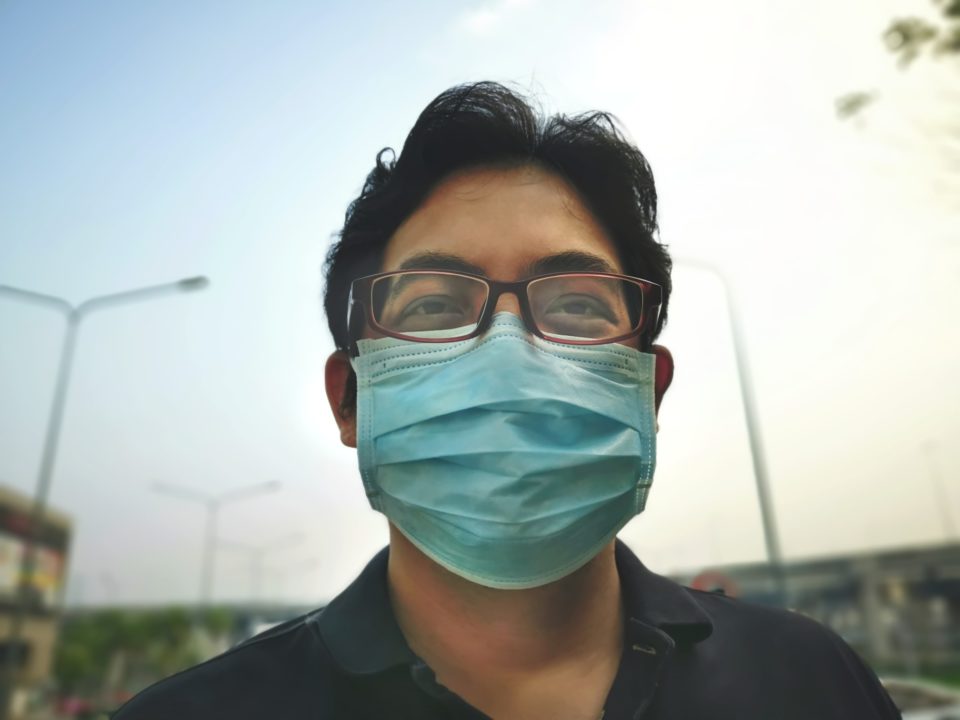During the 1918 flu pandemic, swine flu was 1st considered to be a disease related to human influenza. In the beginning, it was considered that the swine influenza virus only affects the pig population worldwide. Actually, swine flu is a Type Of influenza virus that causes a regular outbreak of flu in pigs, but is rarely fatal and not affects the human race. But from the late December of 2005, 12 cases of human infection due to swine flu were reported by the US Centre for Disease cental and Prevention. But things began to really deteriorate in late April 2009, when there was an outbreak of more than a thousand cases of swine flu infections in humans in Mexico. The incident was suspected to have 86 deaths. The WORLD HEALTH ORGANIZATION considered the event to have ”Pandemic Potential”.Six cases of swine flu were reported on 26th April 2009 in Canada – four students in Nova Scotia and two in British Columbia. Although the six cases were very mild the number of cases increased to 19 within a short span of 3 days time.
Symptoms of Swine flu
The basic symptoms of swine flu are like other regular flu which include.
- Headache
- Chills
- Cough
- Fever
- Loss of appetite
- Aches
- Fatigue
- Runny nose
- Sneezing
- Watery eyes
- Throat irritation
- Nausea and vomiting
- Diarrhea
- Pneumonia (in cases of people with a chronic condition).
Precautions Against Swine Flu
There are basically three methods for preventing the spread of the influenza virus.
- Facility Management
- Herd Management
- Vaccination
The major precautions which are recommended to protect against swine flu are as follows:
- Regular vaccination should be taken against seasonal flu.
- We should wash our hands frequently with anti-bacterial soap.
- We should always try to cover our mouths and nose while sneezing or coughing.
- We should always try to avoid being near others who might be sick.
- Persons who are sick should be advised to stay back at home to avoid affecting others.
- We should try to get at least 8 hours of good sleep every night.
- We should at least drink 3-4 liters of water daily to properly maintain the immune system.
- During times when infections are spreading randomly, one should always try to avoid alcohol as it decreases the immune capability of the body.
We should try to keep ourselves fit by performing exercise regularly.
Always we should try to avoid crowded areas during such times as crowded spaces have the most chances for germ infections.

